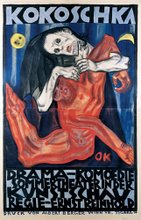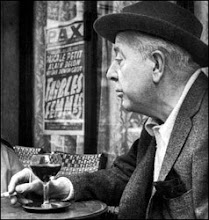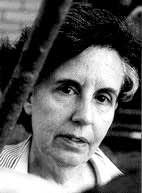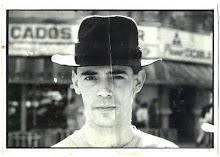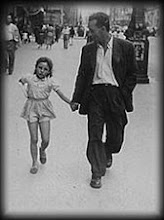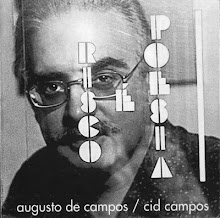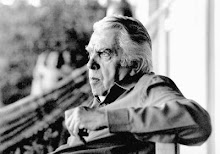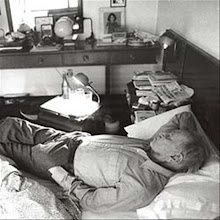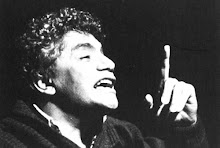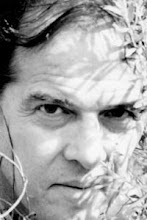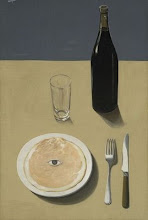Dying, however it is viewed, is an act of violence. Whether people are the perpetrators or whether it is the blind course of nature that brings about the sudden or gradual decay of a human being is ultimately of no great importance to the person concerned. Thus, a higher level of internal pacification also contributes to the aversion towards death, or more precisely towards the dying. So does a higher level of civilizing restraint. There is no shortage of examples. Freud's protracted death from cancer of the larynx is one of the most telling. The growth became more and more ill-smelling. Even Freud's trusted dog refused to go near him. Only Anna Freud, strong and unwavering in her love for the dying father, helped him in these last weeks and saved him from feeling deserted. Simone de Beauvoir described with frightening exactness the last months of her friend Sartre, who was no longer able to control his urinary flow and was forced to go about with plastic bags tied to him, which overflowed. The decay of the human organism, the process that we call dying, is often anything but odourless. But developed societies inculcate in their members a rather high sensitivity to strong smells.
We are not yet fully aware that dying in more developed societies brings with it special problems which have to be faced as such.
Present-day medical measures relate mainly to individual aspects of the physiological functioning of a person — the heart, the bladder, the arteries and so on — and as far as these are concerned medical technique in preserving and prolonging life is undoubtedly more advanced than ever before. But to concentrate on medically correcting single organs, or areas of organs that are functioning more and more badly, is really worthwhile only for the sake of the person within whom all these part-processes are integrated. And if the problems of the individual part-processes cause us to forget those of the integrating person, we really devalue what we are doing for these partprocesses themselves.
I am not quite sure how far doctors are aware that a person's relationships to others have a codetermining influence both on the genesis of pathological symptoms and on the course taken by an illness.
What does one do if dying people would rather die at home than in hospital, and one knows that they will die more quickly at home?
Norbert Elias
1897 - 1990


![[...]](https://blogger.googleusercontent.com/img/b/R29vZ2xl/AVvXsEjeNC2Kyxd34r2LuofHe9-vdXHeHwG3_2NhVmIOTlK2moU0Q4R7taMlS8iMmQgEl1-NdaRsPrLdREzfQZYKfUgjslwLZUZe67dAfFBREu-YRx6WGX-vAUt5eJT4_-lFwT4dGzGCQQ/s220/11798115_858304687558226_1857652538_n.jpg)
